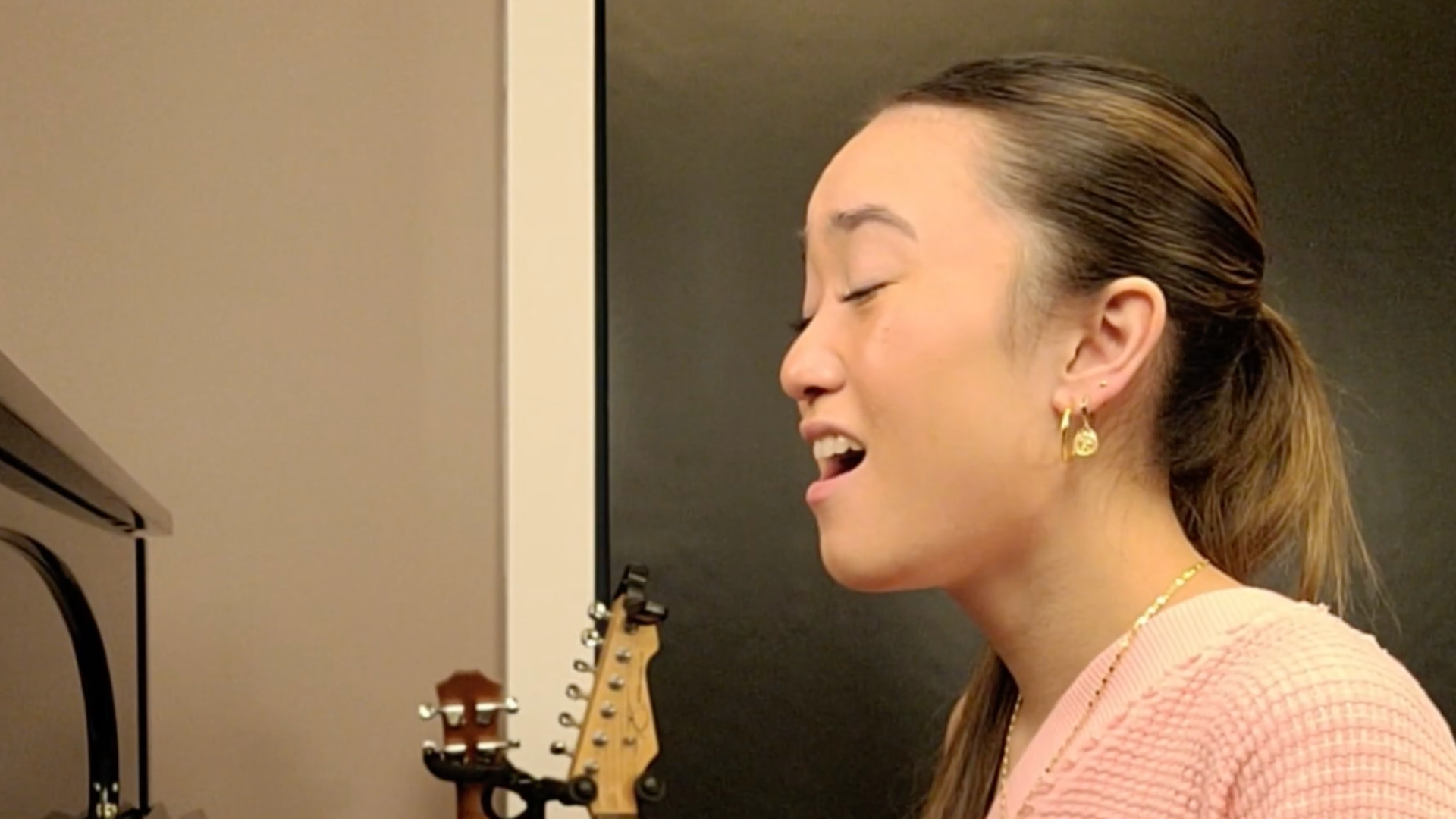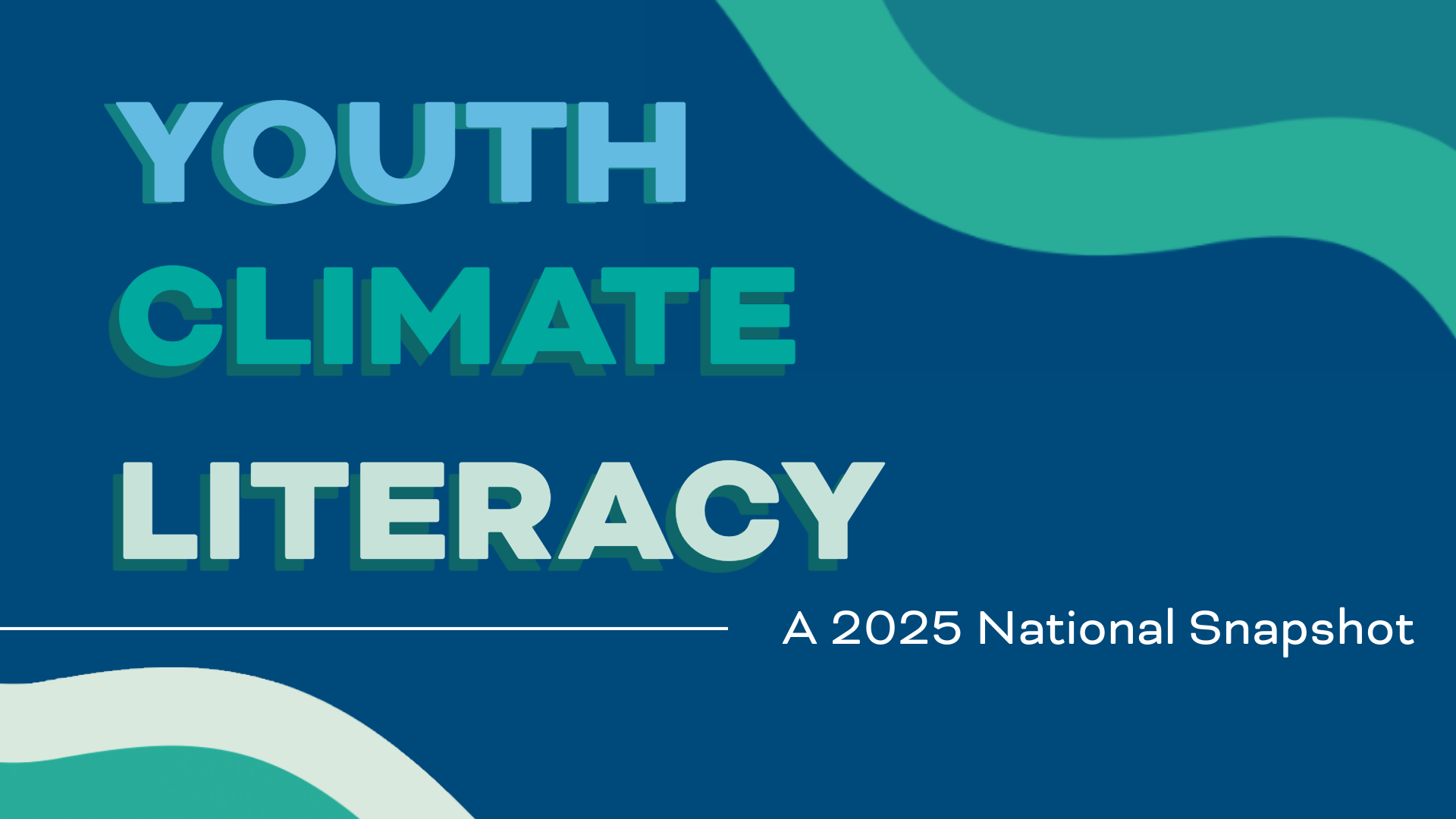Resources — Events
Higher Ed Climate Action Listening Sessions
The Higher Ed Climate Action Task Force hosted a series of public listening sessions, bringing together leading experts working at the intersection of higher education and climate action.
The first listening session discussed the importance of a stable climate for all human institutions including universities, the need for interdisciplinary collaboration, the role of university presidents, students, and HBCUs in driving climate action and the opportunities for higher education to secure resources for climate action through the Inflation Reduction Act.
This session focused on the challenges and opportunities facing higher education in preparing workers for the new, clean economy. The discussion highlighted the role of community colleges, successful apprenticeship partnerships with business, the importance of job quality, and ways to ensure equitable access to training, skills, and pathways to employment.
In the third listening session, the speakers highlighted the urgent need to integrate climate-related topics in an interdisciplinary approach throughout post-secondary curricula, ensure that students and faculty become climate literate, and empower students with solutions and a capacity to lead.
This listening session emphasized the critical role that universities play in fostering climate resilience - through their academic programs and research, as well as in their operations and their communities. The conversation underscored the importance of incorporating Indigenous ways of knowing, prioritizing student mental health, and fostering targeted, place-based solutions.
The fifth listening session of the Higher Ed Climate Action Task Force highlighted the unique contributions of TCUs, HBCUs, and MSIs, and community partnerships in advancing equitable climate action. The discussion emphasized the ways in which these institutions can leverage their distinctive positions to lead in the transition to a clean economy and sustainable society.
The sixth listening session of the Higher Ed Climate Action Task Force highlighted the critical role of public policy and organizing in scaling up climate action within higher education. Speakers emphasized the importance of grassroots organizing, student engagement, and climate messaging in building momentum for transformative change.
About the Task Force: Co-chaired by Commissioner of Higher Education for Louisiana, Dr. Kim Hunter Reed, and President of the American Association of State Colleges and Universities (AASCU), Dr. Mildred García, the Higher Ed Climate Action Task Force includes a diverse group of 20 leaders from across the higher education and climate fields. The Task Force will develop the Higher Ed Climate Action Plan with recommendations for institutions, systems, and policymakers.

